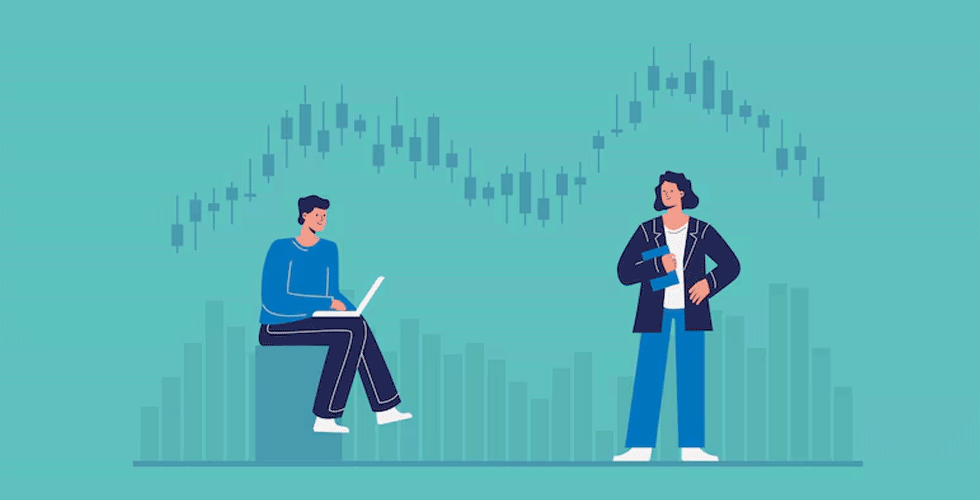Google Apps (G Suite) is a cloud application suite used by businesses to be more efficient, collaborative, and productive. But if the data is not safe then there’s no point being more in anything.
While tools can be used to secure Google Apps, most tools require you to implement a comprehensive data protection solution to protect various other operating systems and applications.
The problem is, many businesses don’t need to back up software applications to back up everything because they only have one thing: Google Apps.
Note: Google Apps is now rebranded as G Suite. So, don’t get confused as both Google Apps and G Suite is the same application. Everything discussed in this blog is reflected upon Google Apps/G Suite.
In this article, we will take a look at some of the risks companies using Google Suite applications need to face. We will also explain how to take Google Apps backup to prevent these risks from affecting your business.
Risks of Not Backing up Google Apps Data
The first question that most small and medium business owners will ask is: Why do you want to do a full backup of Google Apps data? Hasn’t Google done it already?
The answer is yes, but Google has only backed up data to protect Google (its own business) and not the organizations that use the Google Apps platform.
It is not their responsibility to take Google Apps backup of each and every business that uses its services. It’s the responsibility of the companies themselves to make sure they take measures to safeguard their data against harm.
There are many reasons why companies must take their own data protection measures to prevent data loss.
Risk 1:
The first risk is accidental deletion of Google Apps (G Suite) data by employees. In fact, users can recover most of these accidental deletions from Google Recycle Bin.
The problem is that the Recycle Bin can give organizations a false sense of security because they believe all recovery can come from the Recycle Bin, in fact accidentally deleting users is the only real protection it provides.
Risk 2:
The second risk is that users deliberately delete. This usually happens when a user leaves the organization and intentionally “cleans up” or wants to delete files. When employees go this route, they almost always empty the recycle bin, thus deleting files permanently. Without a backup, the data will disappear.
Risk 3:
The third risk is if the malware has infected the account. The most common example is malware, which infects a user’s laptop and then encrypts all data on the laptop (including data in the user’s Google Drive folder).
Then, this data is synchronized with the cloud to encrypt all data that the user has access to in the cloud, including shared directories. As most organizations provide free folder access to all users, this could mean that all data shared by laptop users is encrypted.
Risk 4:
The ultimate risk can also be the most dangerous risk if access to the administrator account is somehow compromised. Once hacked, the new account owner can change all passwords and hijack the business.
Or, he can delete the entire account and actually delete the company, potentially causing the company to go bankrupt.
In addition to data loss, there are other data risks, including fear of data loss due to the transfer of sensitive data to private or shared accounts outside the domain.
The solution to Take Google Apps Backup
While there are solutions that can backup Google Apps data, most of the solutions are tightly integrated with the company’s backup application, making installation and operation more difficult.
Many Google Apps organizations are just Google Apps organizations and don’t need to protect anything else because Google Apps has all of its digital assets.
The G Suite Backup Guide provides methods to backup Google Apps data. It contains a manual method and a professional solution.
We recommend using the software.
Within minutes of running the software, the backup is in progress. Backup of Gmail, contacts, calendar and documents.
The solution is fully automated. Administrators only need to check in occasionally to analyze how many accounts have been backed up.
Keep in mind that this software is a backup solution only. It won’t restore data in the Google apps. However, since the tool already exists on your system, you are in full control of the backup process.
You can select the type of file format used for data backup. The tool provides multiple file formats to export the mailbox items:
- PST,
- MBOX,
- EML,
Some other features of the software include:
- Take Google Apps backup for corporate mail, contacts, calendar and documents
- Support for backing up a single user as well as multiple G Suite user accounts
- Unlimited mailbox data
- Select the data category and apply custom backup filters
- Save contacts as vCard in their original format and save a calendar as .ics files and documents
Once the backup completes all the selected data gets transferred from Google Apps to your computer, and save the file at the secure location. If Google Cloud fails catastrophically, the software users can easily get the data from the backup location.
The solution allows organizations to use a separate location to store backup data instead of using their own Google account.
Account separation means that if your primary Google account is compromised for some reason, you can still access the backup data.
If attackers detect the account and delete it, the organization only needs to recreate the account and restore data from local files.
Observational Verdict
We understand the risks associated with data stored in the cloud. As usual, the weak point is the user. There are many solutions that provide Google Apps backup services.
However, not everyone wants expensive services. Therefore, we have launched the Google Apps backup tool, which is very suitable for companies of any size.
Knowing your data is safe elsewhere allows users to protect their data and sleep better at night.
Also Read: Django Vs Node Which one is the best Programming Language ?












![Take G Suite/Google Apps Backup to Prevent Risks [With Solution]](https://www.starsuntold.com/uploads/post_images/646a68347bdf5-Take G Suite/Google Apps Backup to Prevent Risks [With Solution].png)




Add Comment